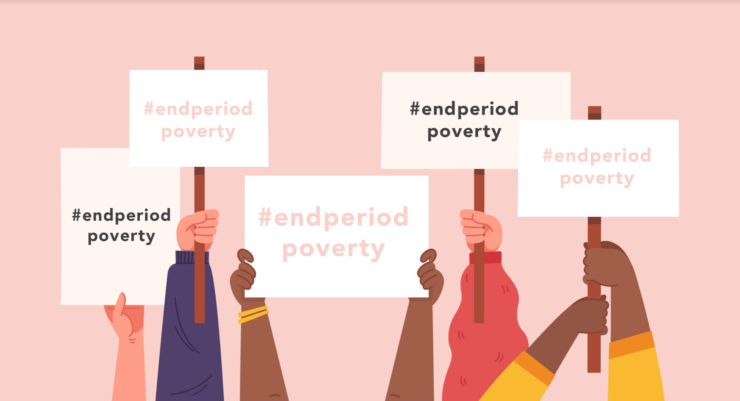Rain technologies helps the Government of Canada manage budgets
At the start of 2019, Alex Labrèche, a University of Ottawa student at the Telfer School of Management, and Mikaël Conde, an actor who appeared in the movies, Homekilling Queen and Christmas by the Books, came-up with the idea for Rain Technologies, a company that develops programs to make budget management easy.
Within two years, they assembled a group of 10 students and professionals who developed an app called Budget Manager, and subsequently signed a three-year contract with the Government of Canada.
Rain Technologies provides companies with cloud technology for the creation of budgets. Cloud technology is a common system through which multiple users can access the same information online.
“There was a specific need in the government for a system like Budget Manager,” said Labrèche.
The team uses Salesforce, a Customer Relationship Management (CRM) program which is often used by companies to manage large data. So, any company can download the app if they have Salesforce.
Head developer Andrew Ingram, who is also a fourth-year computer software engineering student at the U of O, said the app can help decrease a company’s reliance on spreadsheets.
“The biggest problem that we wanted to solve was the government’s reliance on spreadsheets for budget management,” he said.
“To email a spreadsheet around is inefficient and there are a lot of mistakes that can get made because you don’t have one location to keep all of your data.”
For this reason, the Rain Technologies team believes they are the solution spreadsheet ineficiencies.
Workers in large organizations like the Canadian government, can benefit from this technology because, if a swath of information is localized in a cloud, those workers will always have an updated version of data no matter how many people manipulated it.
Matthew Gaerke, an account executive and a fourth-year finance student at the U of O, knows first-hand that the government needs a more logical distribution process for budget documents.
“Based on my experience working for the government, I know that if you’re sharing around a spreadsheet, it’s easy to make a mistake or accidentally delete something,” said Gaerke. “These kinds of human errors are mitigated with [our] app.”
The team also ensured the app was user-friendly and efficient.
“The system allows us, the developers, to create complex formulas that work in the background [so that] the user … can just input their numbers into the app,” said Ingram.
Labrèche believes their success was earned through something he calls, “sweat-equity” — which means the team worked extremely hard before they received any sort of payment for their work.
“We worked hard to create this company, for very little financial compensation, all-while maintaining the vision that we were going to find success down the line,” said Labrèche.
Now that their company is serving over 60 government employees, it seems Rain Technologies was rewarded for their work.
In keeping with this success, the company strives to deliver their services to more people.
Labrèche continued, “There’s no question that I hope Rain Technologies becomes a million dollar company and that everyone on the team earns a great living from it. That would be awesome.”
But the co-founder knows this is not a realistic mindset. So, Labrèche and his team continue to develop ways to improve the application.
Conde took a moment to reflect on how far the team has come since 2019.
“When we started Rain we were really stuck on making everything perfect, but we soon figured out that perfection is impossible,” he said.
“Now we know that if we stick to a solid plan, the only thing left for us to do is take risks and strive for our business goals.”





